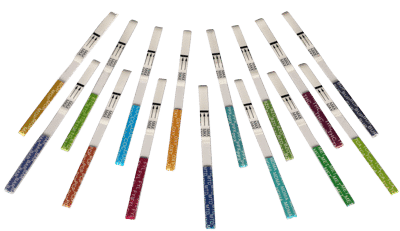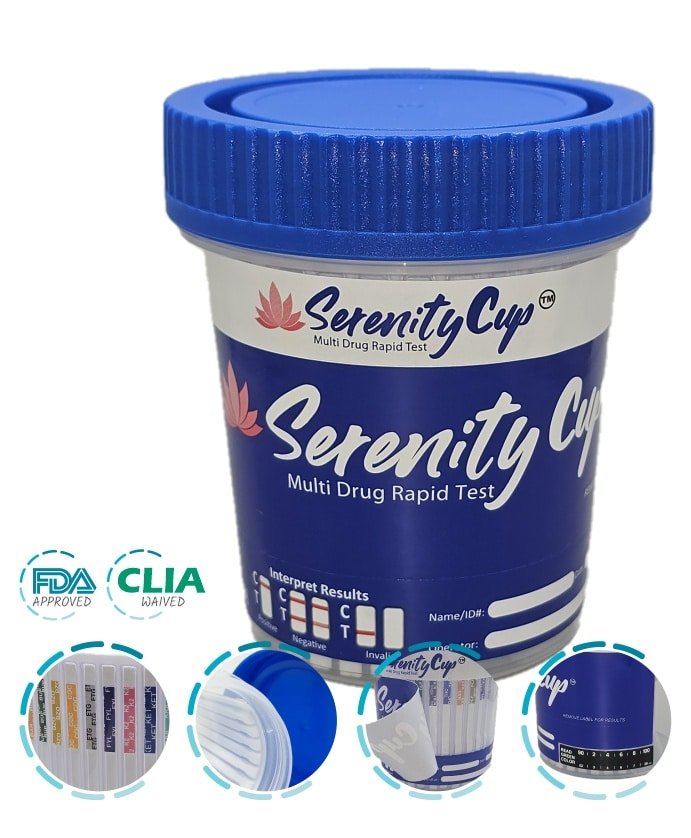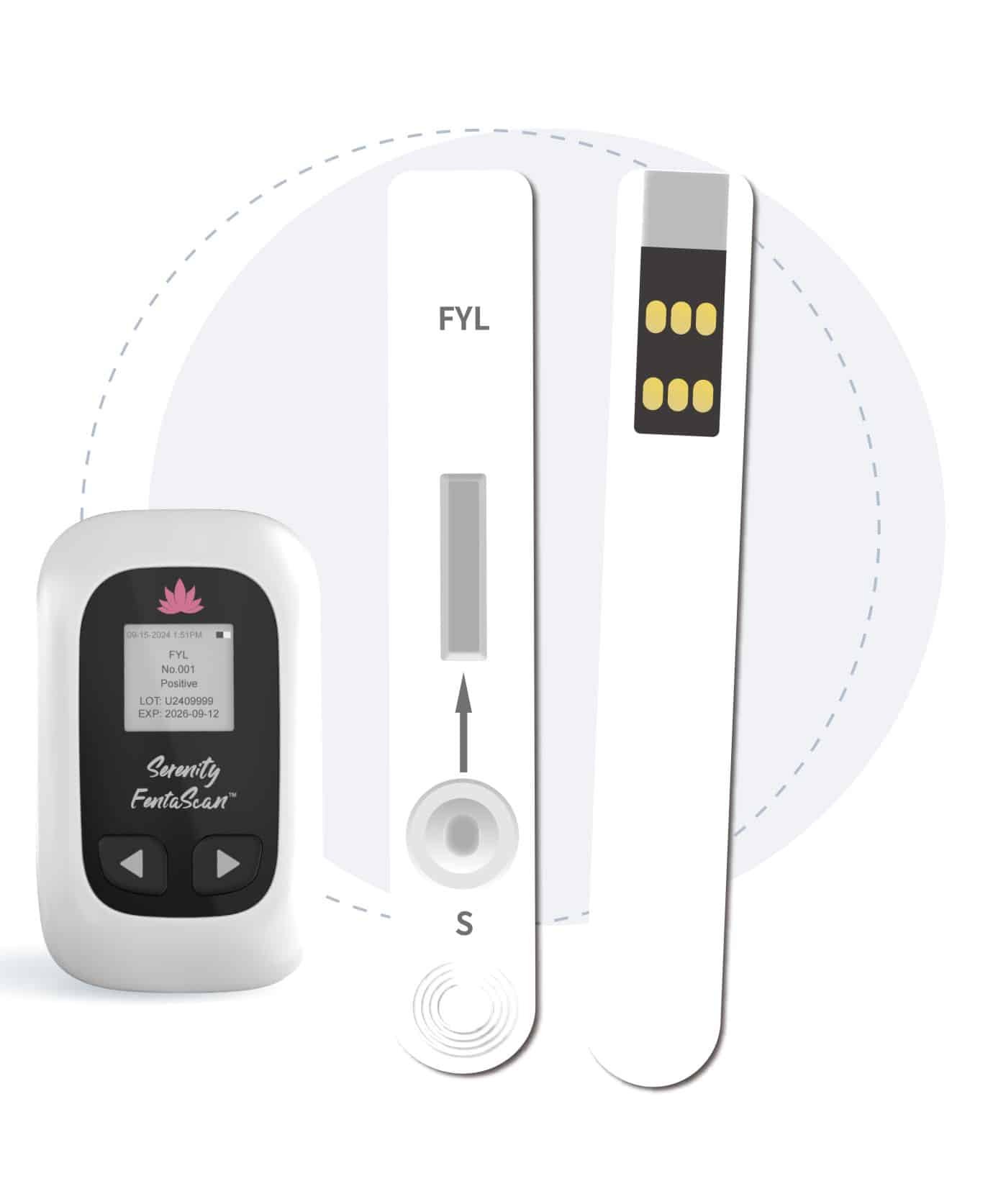Accurate, fast, and easy to use. Quick Results, Lowest Prices.
New Products
All you need on one place. Most affordable supplier of drug test kits on the market. Best price for the drug screen cups in bulk!
Drug Testing Cup
BLOWOUT SALE
All Drug cup Test you need are in one place.
Most affordable supplier of drug test kits on the market.
Regarding drug testing solutions, efficiency, accuracy, and cost-effectiveness are paramount. Look no further — our comprehensive range of Drug Test Cups is tailored to meet your bulk testing needs. From wholesale pricing to the best deals in the business, we’re your trusted partner in maintaining a safe and drug-free environment.
Bulk Drug Test Cups: A Wise Investment
Unbeatable Wholesale & Bulk Pricing:
Our commitment to affordability sets us apart. We understand that cost considerations play a crucial role in your decision-making process. That’s why we offer wholesale and bulk pricing options designed to fit your budget without compromising on the quality of our products. When you choose us, you’re choosing the best price in the business.
Tailored Solutions for Every Need:
Whether you require a urine drug test cup for workplace screenings, healthcare facilities, or educational institutions, our diverse range has you covered. Our bulk offerings extend to various panel options, ensuring you have the flexibility to choose the right cup for your specific requirements.
Best Selling 12-Panel Cups:
Experience the epitome of comprehensive drug testing with our best-selling 12-panel cups.
These cups are industry favorites for instant drug test, providing simultaneous detection of a wide range of substances, including but not limited to THC, Cocaine, Opiates, Methamphetamines, and more. Enhance your screening capabilities with precision and ease, all in a single, efficient test.
Why Choose Our Drug Test Cups:
1. Uncompromised Quality:
Our drug test cups are meticulously crafted, adhering to the highest industry standards. Each cup ensures accurate results, enabling you to make informed decisions swiftly.
2. User-Friendly Design:
Simplify your drug testing process with our user-friendly cups. Easy to handle and interpret, these cups are designed to streamline the testing experience for both professionals and non-professionals alike.
3. Confidentiality and Compliance:
We understand the importance of maintaining confidentiality and complying with industry regulations. Our drug testing cups are crafted with privacy and compliance in mind, ensuring that your testing process aligns with the necessary standards.
Order Now for a Seamless Bulk Buying Experience:
Ready to streamline your drug testing procedures with unbeatable deals? Trust our commitment to quality, affordability, and customer satisfaction. Ordering your drug testing cups in bulk has never been this seamless.
Don’t miss out on the best pricing in the business. Contact us today to discuss your bulk requirements and unlock a world of efficiency and cost savings with our top-of-the-line Drug Test Cups. Your path to reliable, bulk drug testing solutions starts here.
Drug test cups Wholesale
All you need in one place. Most affordable supplier of drug test kits on the market.
DrugTestingCup, a trusted American drug test company dedicated to making addiction prevention affordable. We offer reliable drug test kits, including drug test cup with EtG and test cup with EtG FEN, starting at less than $2.
We pride ourselves on fast service – all orders ship the same day, and bulk drug test orders qualify for free shipping. With over 5,000,000 drug test cups in stock, we ensure you’re never out of supply.
Whether you need 10 or 100 test kits, your order will arrive in just a few days. Our products have a 24-month shelf life, ensuring both affordability and quality every time you order.
Why customer trust us


































